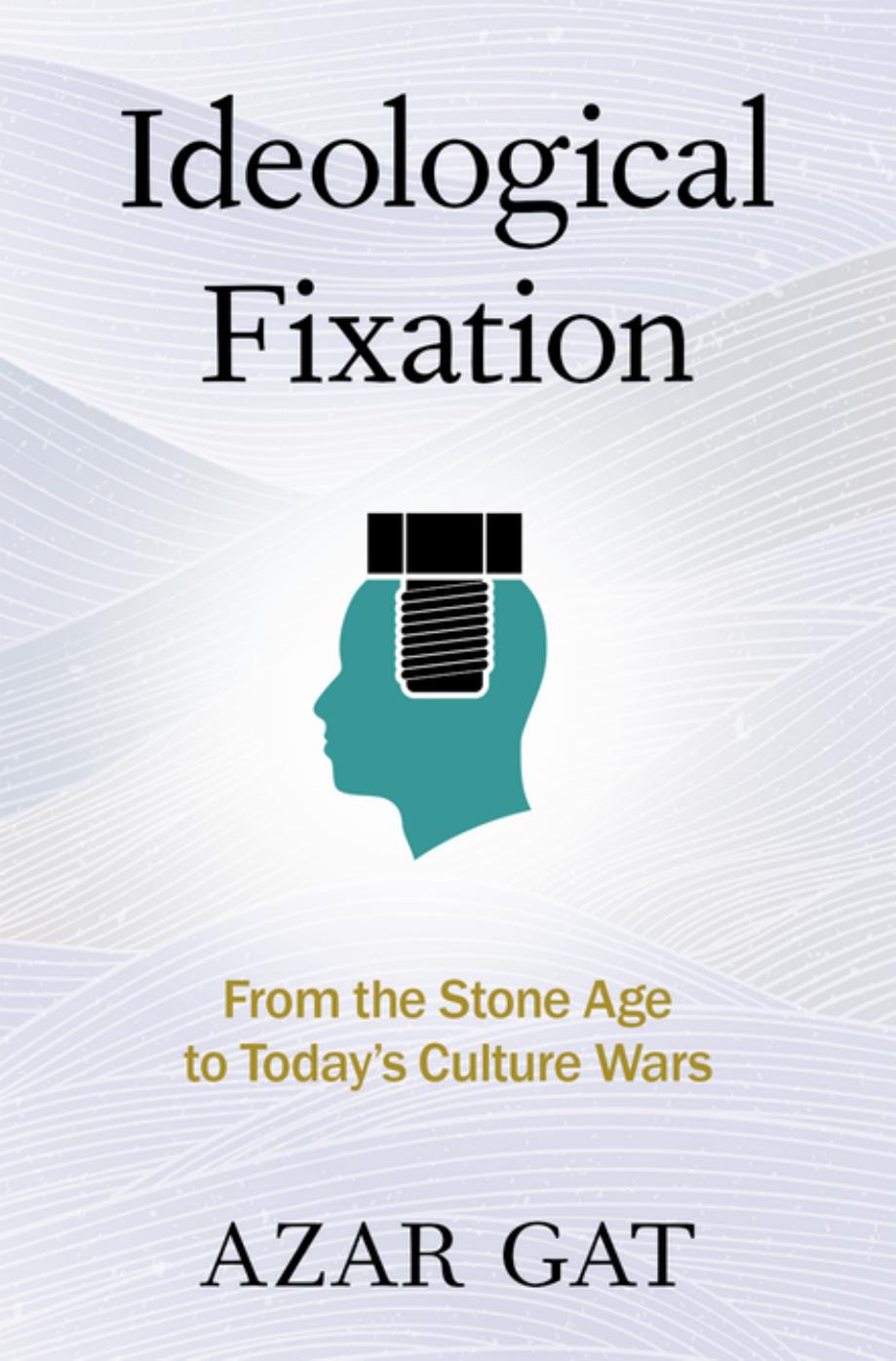Ideological Fixation by Azar Gat

Author:Azar Gat
Language: eng
Format: epub, pdf
Publisher: Oxford University Press
Published: 2022-01-15T00:00:00+00:00
Capitalism and the Presumed Exploitation of the Undeveloped Countries
Much of the domestic criticism in the West has been due to the lingering, combined legacy of Marxism, the New Left, and the struggle against colonialism in Western consciousness. The view that capitalism and the West are the root of all evil and that the less developed parts of the world are among their main victims has become entrenched in the democracies from the 1950s and 1960s on. Within this frame of reference, capitalist exploitation has been denounced, the Westâs wars have been viewed as exploitative interventions, and the economically undeveloped parts the world have been presented as the bearers of native innocence. All these propositions incorporate serious distortions of reality.
Capitalism has been deeply controversial ever since it became the dominant socioeconomic regime in the nineteenth century, and inevitably so. We have traced the debate over some of its supposed virtues and ills in the previous chapter. With the historical experience of two centuries behind us, the debate has narrowed considerably, or it should have. As competing systems for organizing modern society have failed to deliver on their promises and have lost their erstwhile tremendous cognitive and emotional appeals, the market principle is now more widely perceived as unchallenged as an engine of development, wealth creation, and prosperity. The current debate mostly revolves around the desired scope of action by states and by other authorities and institutions for regulating, correcting, and directing the markets, distributing their fruits, preventing market failures, and guarding against social and environmental ills. We shall see more about this later in this book. Concerning the economically less developed parts of the world, the charge of capitalist exploitation there has been widespread. In the 1960s and 1970s, socialist leanings in developing countries went hand in hand with what was known as âdependency theoryâ. This was the view that capitalism and free trade worked to the advantage of the rich countries and left the worldâs periphery in a perpetually inferior and subordinate status. Joining the system was regarded as a continuation of colonialism, as âneo-colonialismâ.
Irrespective of its ideological underpinnings, âdependency theoryâ was a legitimate proposition at the time, whose test was empirical. It did not fare this test well. Singapore was the creation of Britain in the era of imperialism, and its leader after independence in the 1960s Lee Kuan Yew paid little attention to the alleged need to break away from âinformal imperialismâ. He integrated Singapore into the global economy, making it one of the worldâs financial and manufacturing hubs, with the result that the former colony has become wealthier than its former imperial master. Singapore has thus been the great winner, successively, of both imperialism and informal, âneo-imperialismâ. Over time, other developing countries reversed course, embraced the markets, and opened up to the global economy. India, another former colony, went through this reversal from the early 1990s on, with spectacular economic results. Indeed, an old-new realization has grown, expressed in the half-whimsical, sweet-and-sour saying that the real problem is not the countries that capitalism exploits, but those which it does not care to exploit.
Download
This site does not store any files on its server. We only index and link to content provided by other sites. Please contact the content providers to delete copyright contents if any and email us, we'll remove relevant links or contents immediately.
The Secret History by Donna Tartt(19094)
The Social Justice Warrior Handbook by Lisa De Pasquale(12191)
Thirteen Reasons Why by Jay Asher(8914)
This Is How You Lose Her by Junot Diaz(6890)
Weapons of Math Destruction by Cathy O'Neil(6282)
Zero to One by Peter Thiel(5804)
Beartown by Fredrik Backman(5759)
The Myth of the Strong Leader by Archie Brown(5510)
The Fire Next Time by James Baldwin(5450)
How Democracies Die by Steven Levitsky & Daniel Ziblatt(5219)
Promise Me, Dad by Joe Biden(5154)
Stone's Rules by Roger Stone(5088)
A Higher Loyalty: Truth, Lies, and Leadership by James Comey(4965)
100 Deadly Skills by Clint Emerson(4927)
Rise and Kill First by Ronen Bergman(4790)
Secrecy World by Jake Bernstein(4754)
The David Icke Guide to the Global Conspiracy (and how to end it) by David Icke(4720)
The Farm by Tom Rob Smith(4514)
The Doomsday Machine by Daniel Ellsberg(4491)
